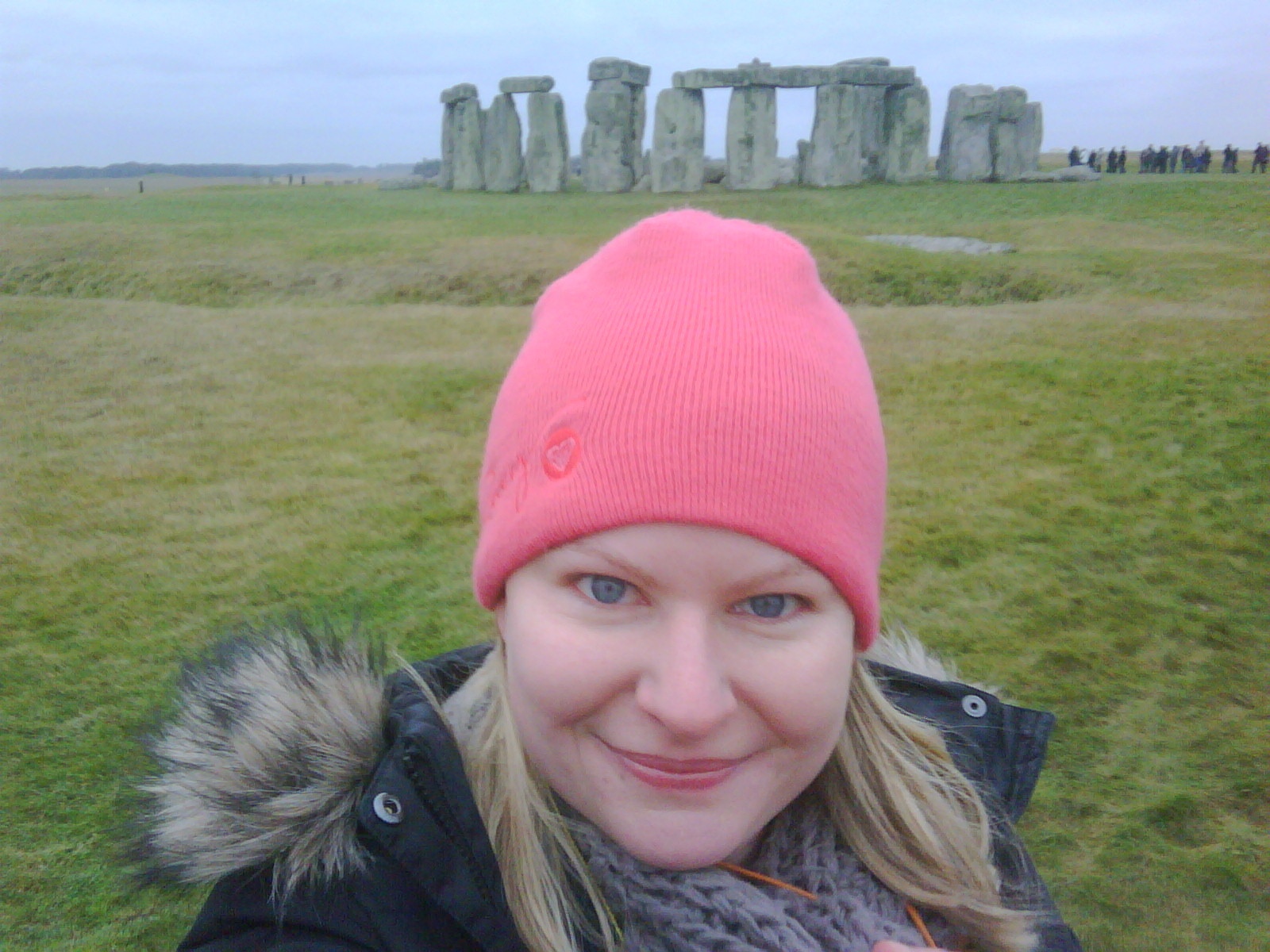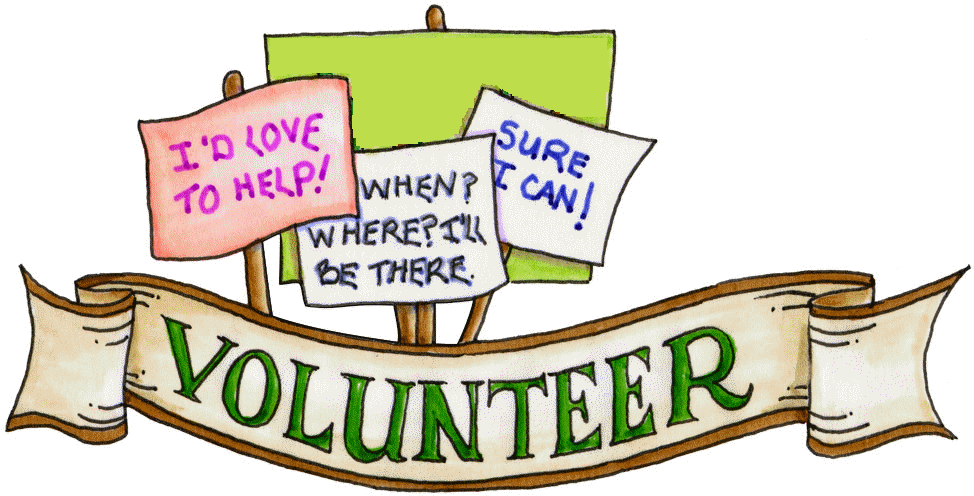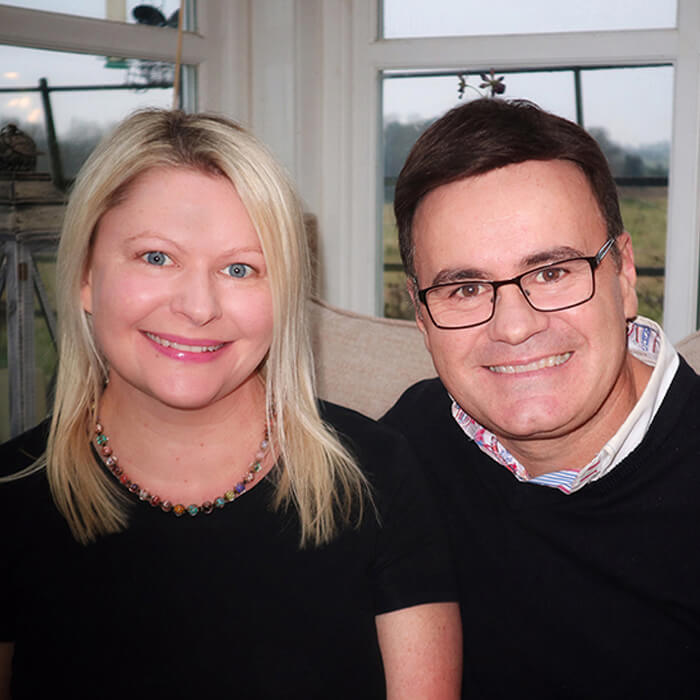
Why now is your time to live abroad and travel
A few years ago I compiled this interesting set of interviews for a national women’s magazine in Australia, on when in life is the best time to live abroad and travel. I had the opportunity to chat with some inspiring women over 30 years old, who had decided to take a ‘late gap-year’ – that is, a year to live and work abroad (despite the expectation that a ‘gap year’ is only for under 25s).
Unfortunately, the editorial team at the magazine changed direction during a new year restructure, so this feature never saw the light of day. But, as it’s becoming more and more common to ditch the early backpacker years to develop a career, and then take a ‘risk’ on a life far away from home ‘later’ in life, I’ve decided to dust off this piece in the hope it inspires one more of you to take the plunge this year!
The great (late) gap-year debate.
Why now is your time to live abroad and travel
Would you press ‘pause’ on life in order to head overseas? Four women talk to Sarah Blinco about the risks and gains associated with taking time out for a mid-career ‘gap year’.
A few years back I could think of nothing else but going to live abroad. I felt like I’d missed my chance, entirely career-driven throughout my twenties. Finally I’d reached a horrible point where I felt like I was ‘too old’ to follow a dream. When fate presented an opportunity to move to London, I just scraped in securing a British work visa by age 31. I couldn’t believe what was happening – a chance to live and work overseas, just when I thought it had slipped away. Why then, on my way to London, did I sit fighting back tears, panicking, thinking, ‘what have I done’?
I’d packed all my worldly belongings into the required 20kg checked luggage, said goodbye to family, friends and dog (utterly awful), and was on my way to Britain. No job, no home, no friends. It had only dawned on me that making the decision to leave life as I knew it behind to experience some kind of Eat Pray Love dream was probably the easy (or perhaps stupid?) part. I was doing my utmost to contain my freak-out so that fellow passengers wouldn’t get the wrong idea!
Spinning in my mind were questions like what if some of those loved ones aren’t around when I return? Will I adjust abroad? What if a job isn’t here for me when I come home? Will all my friends be married with kids when I get back? Will I be completely out of the loop? What was I thinking?
If the numbers of older professional Australians working and residing in cities like London, Dubai or New York are anything to go by, women are evidently getting over these fears (as I quickly did) and letting go of safety nets in order to embark upon a ‘contemporary gap year’ – that is, choosing to take a mid-career pause to travel and develop international skills.
In fact, a recent Wanderlust travel survey found that over 50 per cent of respondents thought that taking a gap year for the ‘big trip’ of a lifetime mid-career was actually the best time to go, above post-university, after having children, and retirement.
Taking my homeland, Australia, as an example too, in 2012 there were over eight million overseas departures, and of that number, 372,200 left with the intention of going ‘for good’. The Department of Immigration and Citizenship (DIAC) anticipates that around 80,000 of those Aussies will see the dream realised, starting a new life abroad. Australian Department of Immigration statistics share that 66.1 per cent of this 80,000 departing permanently were in employment prior to leaving, and 25.5 per cent – the largest group, were professional adults, 25 to 39 years old (almost even between women and men); highly skilled and well educated, and increasingly mobile, moving between Australia and other countries as career and life chances appear.

The concept is undoubtedly exciting, especially to career-minded women who missed a chance to travel earlier. However, when an adult gap year becomes reality and with seemingly more at stake the older we are, is the experience worth the worries associated with putting ‘real life’ on hold?
Teaching in the Middle East
Hannah Wallis, a teacher and education recruitment consultant, admits to a panic attack mid-flight to her new life over such a decision. “I was 30-years-old and chose to move to Jordan following an invitation I’d received to teach there. I had never been to the Middle East and I was really interested in going somewhere that my friends had never tried”. Hannah says the biggest risk to her was leaving a happy life behind in Australia. “I was worried about hating it in Jordan, but it wasn’t until I actually got on the plane that I panicked.”
A gap year involves starting again on one level or another (new home, job, friends, routine…), and obviously for Hannah these issues were magnified. “I arrived in the capital city at midnight… was raced through the airport and taken to a hotel that was in the middle of the desert. I thought this is crazy, what I am I doing? It was like landing on the moon… I was taken to a medical centre where I had a needle stuck in my arm. I wasn’t put in a chair or anything, just jabbed. It was very scary”.
Hannah lived and worked in Jordan for two years. “The first year was good because it was all new to me. The difference in culture is difficult; I was ready to come home at the end of my contract”. She adds that she doesn’t regret the experience and might consider a future gap year teaching in Asia, however Hannah maintains that taking time abroad in your twenties is preferable. “You’re less mouldable [in your thirties]. You know your own limits a bit more but that’s not to say you don’t know them in your twenties. I think it’s easier to go with the flow when you’re younger. Also, when you come back home when you’re 25 for example, you still have time to kick around for a bit; but when you come back in your thirties you have to be serious. Everyone expects you to settle down.
It’s harder to secure visas when you’re over 30, and there does inevitably come a point where you question whether you’re prepared to start again”.
Setting up fresh in Hong Kong
“Is it brave or stupid to take a late gap year?” Sydneysider Fleur Filmer, Startup and business growth specialist, and Managing Director of Lulu and I.com, laughs heartily at the question.
Only a clinically insane person would do what I did – going to Hong Kong, one of the most expensive places in the world, on my own at 35, with no job but yes, I’m very happy for the experience!”
Fleur decided that she wanted to do something totally different with her life and thought that a gap year would broaden her horizons.
“This incredible opportunity presented itself when I was 35 and it’s honestly been one of the best decisions I ever made. My family was shocked – I’d never flown the coup before! They didn’t expect something like this from ‘professional, ‘responsible’ me, but they thought it was courageous… It wasn’t until I’d set up my apartment in Hong Kong and the shipping container with all my belongings was on the sea that I thought, ‘wow, I must be nuts’; I felt empowered though – I’m the only person I know who has ever moved to another country without a job, but I went out, sought advice, started my own business in Hong Kong and the whole thing just felt right”.
Fleur attributes her positive experience to the fact she was older. “You face things with a different head on your shoulders once you’re out of your twenties. Financial security is also a big thing for this version of a gap year. You can experience another culture and not have to slum it. If I’d done this when I was 21 I wouldn’t have appreciated it… I wouldn’t have had the ability to understand how awesome the opportunity to take a gap year is. My experience taught me that if you follow dreams there will be lots of rocky things happen along the way, but if you stick to your guns you’ll get there. This is exactly what I’ve done and now I have devised my absolute dream business in Australia – I owe it all to my gap year in Hong Kong”.
Falling for Paris
Sydney-based book editor, Desanka Vukelich, agrees that an older gap year has improved her confidence. “It’s most certainly a brave thing to do, taking a gap year when you’re mid-career. The experience has helped me to have the courage to know I can do anything”.
In 2008 at the age of 30, Desanka left a prestigious job as an in-house editor and moved to Paris for a year. She explains, “I knew I wanted to travel and work overseas but mostly in my twenties I was shy and wasn’t ready for the adventure”.
The critical risks to Desanka were employment, and pride. “I was really scared of failing in the respect that I wouldn’t get a job in Paris, and that I’d have to turn around and come back with my tail between my legs. My cousin inspired me by reminding me that I’d never failed at anything I’d tried before, so why should this be different? This gave me the confidence to stop worrying about home safety nets and just get on with my dream”.
Desanka, like Fleur, insists that ‘gut instincts’ played an integral role in overcoming concerns relating to this type of ‘controversial’ life move.
“The period before I left for Paris was definitely a confirmation of the fact I was doing the right thing. It was a very positive time. For me the gap year later in life was worthwhile because I simply had more wisdom than I did in my twenties… I now maintain my own successful business thanks to inspiration and lessons from my time overseas that I couldn’t have gained at home.
Too often we get caught up in worries that turn out to be unnecessary, like what people expect us to do – I feel it’s not a sufficient way to live. I understand that not everyone has the option though, and it’s difficult when people feel obliged to others or even themselves to do certain things. The overriding lesson for me though, is that the risks are worth it and I now live following my heart and instincts. I found work, everything was the same in Australia when I got back, but I had a life changing experience in Paris, it was home”.
There’s no place like London
Katrina Dudley, a marketing professional from the Gold Coast says that she stands testament to the fact that age is advantageous when dealing with challenges associated with a new life elsewhere.
“When I was 19 I moved to Tokyo to live, but stayed for three weeks and had to come home because I was too overwhelmed. My biggest fear ten years later however, was that I wouldn’t have the chance to take this gap year. I was running out of time to secure the working visa and was keen to accept an opportunity in England”.
The British gap year option for Katrina wasn’t about taking a break from her career but was more about adding to her skill set. “There was some resistance. My parents hated to see me leave. They queried why I would want to go when I had a mortgage, a good job and would have to come back and start again, but a large part of me knew it would be worth the risk. My career was in full swing but I had to follow my dream and I was fortunate to be presented with amazing opportunities in London… Now I am in Australia I see how easily you can slip back into life. I think people are concerned that they will come back to nothing, but it’s all the same.
If anything, employers love the fact that you have broadened your horizons, experience and skills”.
Is an adult gap year brave or stupid? Katrina replies, “In my experience it’s not stupid at all. I think it is a shame that people don’t step outside their comfort zone… When you’re younger a year away is a bit more like an extended holiday; when I lived in London it was ‘real life’. All the risks that seem like issues before you leave home turn out to be inconsequential. In the UK had a network of friends, a responsible job, annual leave. Other people find love and their dream jobs overseas! It is also easier when you’re older and have a well paid career – you appreciate it all differently and have money to do many amazing things… I would definitely consider another gap year. I think it would be brilliant to move to Mexico one day, work remotely on my laptop and learn Spanish”.
When is the best time to live abroad and travel?
Tracey Batty, CEO of Pure Professional Recruitment encounters many considering the ‘contemporary gap year’: “Working offshore is a great thing to do but my advice is to be very clear about what you want to achieve. Build your ‘gap year’ around goals for the year, whether they are to explore, improve career marketability, to make money or to find your passion”.
Primary concerns
- Not ‘settling down’ and buying a house.
- Missing out on home front career opportunities.
- Not being taken seriously / finding employment abroad.
- Criticism for being ‘irresponsible’; also missing friends and family. Tracey adds, “remember though, twelve months is not a lifetime”.
Worth the risks
- Increased confidence, professional and personal growth.
- Finding love, inspiration or adventure abroad.
- A professional / marketable skill is advantageous in most ‘adult gap year’ cases, improving financial and job security. Tracey notes, “look for international transfers or secondments within your organisation – you may be surprised what you find when you speak to HR or a recruitment company”.
- It’s now acceptable to not be restricted by antiquated age stereotypes.
For me, I ended up returning for a second time, and am generally happier for the experience (at least for now!). What are your thoughts on the best time to live abroad and travel? Please let us know in the comments below. Similarly, any questions, please ask.
Re-edited in 2015, original interviews prepared in 2012.



